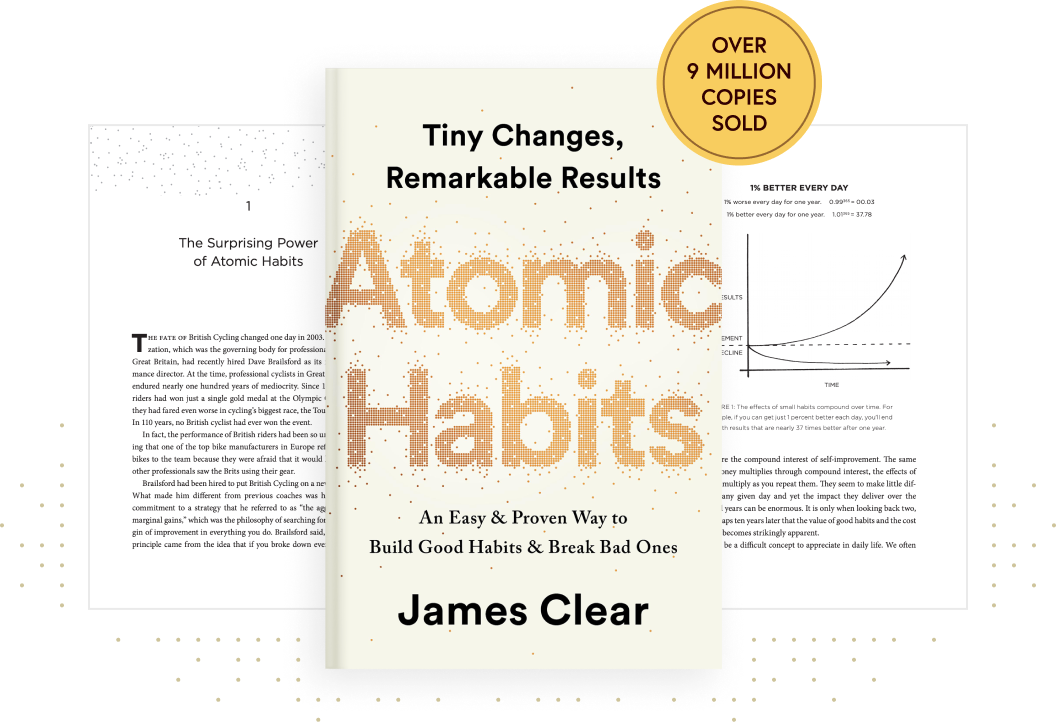Revitalizing Wellness: Exploring the Foundations of a Healthy Diet
A healthy diet includes a variety of whole, unprocessed foods that provide essential nutrients for the body. A balanced combination of fruits, vegetables, lean proteins, whole grains, and healthy fats promotes overall health and well-being.
Additionally, drinking plenty of water and limiting the intake of sugary beverages is crucial for maintaining optimal health. Following a healthy diet can reduce the risk of chronic diseases, maintain a healthy weight, and support their physical and mental performance.
A wholesome and nourishing diet fuels the body and enhances overall vitality and longevity.

Credit: jamesclear.com
Power Foods For A Healthy Diet
Eating various leafy greens is an excellent choice for maintaining a healthy diet. These nutrient-packed vegetables are low in calories, fiber, vitamins, and minerals. Spinach, kale, and Swiss chard are just a few examples of leafy greens that can be easily incorporated into your meals.
When it comes to grains, it’s best to opt for whole grains rather than refined ones. Whole grains contain all parts of the grain, including the bran, germ, and endosperm, making them higher in fiber, vitamins, and minerals. Examples of whole grains include quinoa, brown rice, and whole wheat.
Lean proteins are essential for building and repairing tissues, as well as for maintaining overall health. Skinless chicken breast, fish, and tofu are good lean protein sources. They are low in saturated fat and nutrient-rich, making them a smart choice for a healthy diet.
Incorporating Power Foods Into Your Daily Routine
Meal planning and preparation are essential for maintaining a healthy diet. By planning your meals, you can ensure that you are consuming a well-balanced diet that includes a variety of power foods. These foods are packed with essential nutrients and can help boost your immunity, improve digestion, and provide long-lasting energy.
Here are some healthy snacking options that you can incorporate into your daily routine:
- Raw nuts and seeds
- Fresh fruits and vegetables
- Yogurt with berries
- Hummus with whole-grain crackers
When eating out, it’s essential to make intelligent choices. Look for menu options that offer grilled or baked proteins, whole grains, and plenty of vegetables. Avoid fried and processed foods as much as possible. Opt for water or unsweetened beverages instead of sugary drinks.
By following these tips, you can easily incorporate power foods into your daily routine and enjoy the benefits of a healthy diet.
Health Benefits Of Power Foods
Power foods are a crucial component of a healthy diet. They not only provide essential nutrients but also offer various health benefits.
- Weight management: Power foods can be highly beneficial for weight management. They are typically low in calories and high in fiber, which helps to keep you full and satisfied for more extended periods.
- Improved digestion: Incorporating powerful foods into your diet can enhance digestion. Many of these foods are fiber-rich, promoting healthy bowel movements and preventing constipation.
- Boosted energy levels: Power foods are packed with nutrients that can boost your energy levels. They contain vitamins, minerals, and antioxidants, providing sustained energy throughout the day.
Adding power foods to your daily meals can significantly impact your overall health. They are a simple yet effective way to nourish your body and support your well-being.

Credit: www.health.harvard.edu
Tips For Maintaining A Healthy Diet
| Tips for Maintaining a Healthy Diet | |
|---|---|
| Staying hydrated | Avoiding processed foods |
|
Staying hydrated is essential for maintaining a healthy diet. Drinking enough water throughout the day helps regulate body temperature, support digestion, and energize you. Aim to drink at least eight glasses of water daily, and remember that other hydrating options, like herbal tea or infused water, can also contribute to your fluid intake. |
Avoiding processed foods is another important aspect of a healthy diet. Processed foods are often loaded with added sugars, unhealthy fats, and preservatives that can negatively impact your health. Instead, focus on consuming whole foods such as fruits, vegetables, lean proteins, and whole grains. These provide essential nutrients and help to support overall well-being. |
Balancing macronutrients is vital to a healthy diet. This involves ensuring that you consume the right proportions of carbohydrates, proteins, and fats. Carbohydrates provide energy, proteins help with muscle repair and growth, and fats support brain function and hormone regulation. Include various macronutrients in your meals, and choose healthy sources like whole grains, lean meats, fish, nuts, seeds, and olive oil.
By following these tips, you can establish and maintain a healthy diet. Remember to stay hydrated, avoid processed foods, and balance your intake of macronutrients. Prioritize whole, nutrient-dense foods to fuel your body correctly and support overall health and well-being.

Frequently Asked Questions Of Example Of A Healthy Diet
What Is A Healthy Diet To Eat Daily?
A healthy diet includes a variety of colorful fruits and vegetables, lean proteins, whole grains, and healthy fats. Limit processed foods, sugary drinks, and excessive salt. Stay hydrated with water and practice portion control. Strive for balance and moderation in your daily meals for optimal health.
What Is Considered A Healthy Diet?
A healthy diet consists of balanced portions of fruits, vegetables, lean proteins, whole grains, and healthy fats. It focuses on nutrient-rich foods, limits processed and sugary foods, and encourages hydration.
What Are 5 Examples Of Healthy Foods?
Healthy foods include fruits like apples and oranges, vegetables like spinach and broccoli, lean proteins like chicken and fish, whole grains like quinoa and brown rice, and healthy fats like avocados and nuts.
What Is A Healthy Diet Routine?
A healthy diet routine focuses on consuming various nutrient-rich foods, such as fruits, vegetables, whole grains, lean proteins, and healthy fats. It emphasizes portion control and limits the intake of added sugars, saturated fats, and sodium. Staying hydrated and engaging in regular physical activity are also essential to a healthy diet.
Conclusion
To sum up, a healthy diet is essential for overall well-being. By focusing on consuming nutrient-rich foods, avoiding processed options, and incorporating a variety of food groups, you can provide your body with the necessary fuel to function optimally.
Remember, making small, sustainable changes to your diet can yield significant long-term benefits. Prioritize nourishing your body and reap the rewards of a healthier lifestyle.

